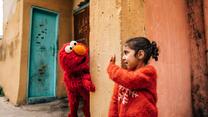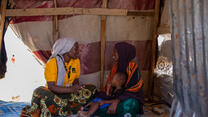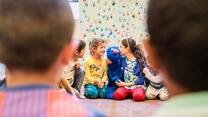The Parents Make the Difference project in Liberia aimed to promote the wellbeing of young children aged 3 to 7 through reducing harsh punishment, improving parenting practices, improving child development, and increasing malaria prevention behavior. The International Rescue Committee (IRC) and research partner Duke University found that the intervention reduced harsh punishment and improved parenting practices and caregiver–child interactions, but had no impact on malaria prevention or early childhood development outcomes.
The Parents Make the Difference program consisted of 10 weekly group sessions and an individual home visit to each family. Adapted from various evidence-based parenting interventions, the program used behavioral skills training to teach content on positive parenting, child development, and malaria prevention. Session topics included: negative effects of physical and psychological punishment and alternatives to harsh punishment; positive parenting skills; how to promote children’s numeracy, vocabulary, and communication skills; and malaria causes, symptoms, prevention, and treatment. Facilitators conducted a home visit to provide individualized support, and participants formed support groups to review program content. Intervention fidelity (i.e., facilitators’ adherence to program delivery and curriculum) was monitored by IRC technical and program staff.
The impact evaluation used a randomized waitlist controlled trial design to examine the impact of the intervention on:
- caregivers’ parenting practices;
- children’s cognitive, social, and emotional outcomes; and
- malaria prevention behavior.
A total of 270 families participated in the impact evaluation. All participants completed surveys and observational assessments; qualitative interviews were also conducted with a subset of 30 caregivers to explore their experience in the program.



